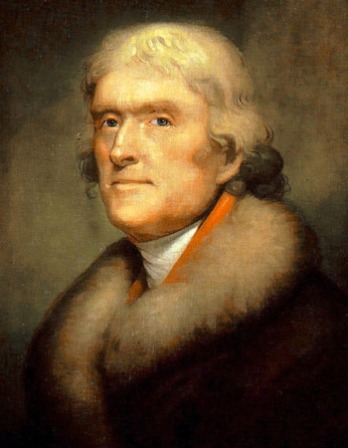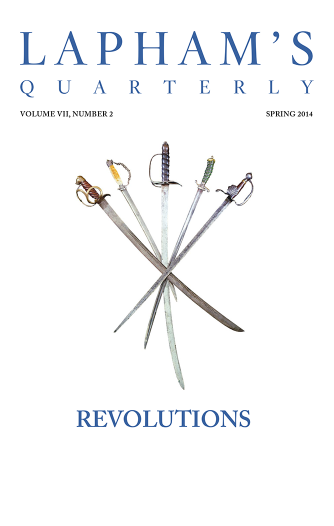To the Deerfield Summer School,
I am afraid I can do little more than thank you for your courteous invitation to be present at the sittings of your delightful-sounding school of romance, which ought to inherit happiness and honor from such a name. I am so very far away from you that I am afraid I can’t participate very intelligently in your discussions, but can only give them the furtherance of a dimly discriminating sympathy. I am not sure that I apprehend very well your apparent premise, “the materialism of our present tendencies,” and I suspect that this would require some clearing up before I should be able (if even then) to contribute any suggestive or helpful word. To tell the truth, I can’t help thinking that we already talk too much about the novel—about and around it—in proportion to the quantity of it having any importance that we produce. What I should say to the nymphs and swains who propose to converse about it under the great trees at Deerfield is, “Oh, do something from your point of view; an ounce of example is worth a ton of generalities; do something with the great art and the great form; do something with life. You each have an impression colored by your individual conditions—make that into a picture, a picture framed by your own personal wisdom, your glimpse of the American world. The field is vast for freedom, for study, for observation, for satire, for truth.” I don’t think I really do know what you mean by “materializing tendencies” any more than I should by “spiritualizing” or “etherealizing.” There are no tendencies worth anything but to see the actual or the imaginative, which is just as visible, and to paint it. I have only two little words for the matter remotely approaching to rule or doctrine: one is life and the other freedom. Tell the ladies and gentlemen, the ingenious inquirers, to consider life directly and closely, and not to be put off with mean and puerile falsities, and be conscientious about it. It is infinitely large, various, and comprehensive. Every sort of mind will find what it looks for in it, whereby the novel becomes truly multifarious and illustrative. That is what I mean by liberty; give it its head and let it range. If it is in a bad way—and the English novel is, I think—nothing but absolute freedom can refresh it and restore its self-respect. Excuse these raw brevities and please convey to your companions, my dear sir, the cordial good wishes of yours and theirs.
From a letter. At the age of nineteen James enrolled in Harvard Law School, where he devoted much time to reading Balzac and Hawthorne. By his midtwenties he ranked among the best American short-story writers of his day; by his midforties he had published The Portrait of a Lady and The Bostonians. His one play, Guy Domville, was booed at its first performance in 1895, prompting his return to fiction.
Back to Issue





